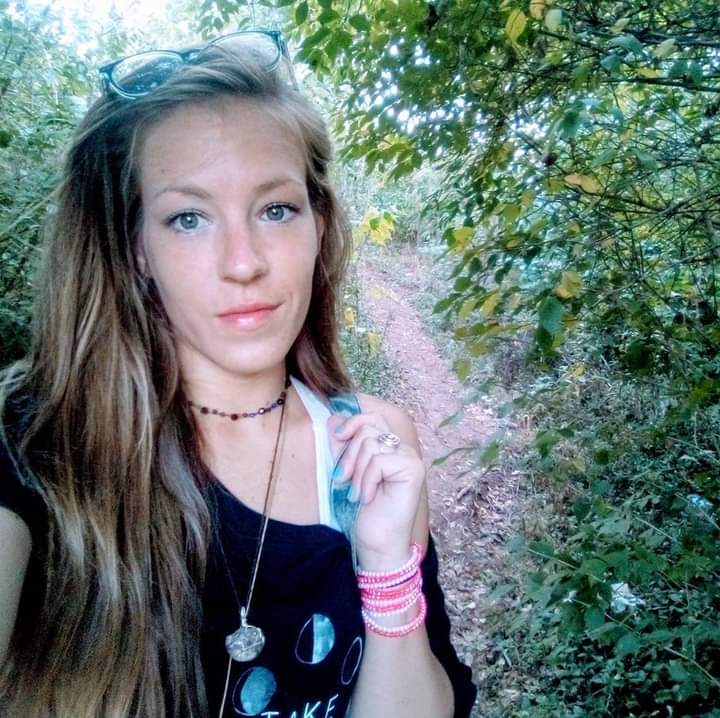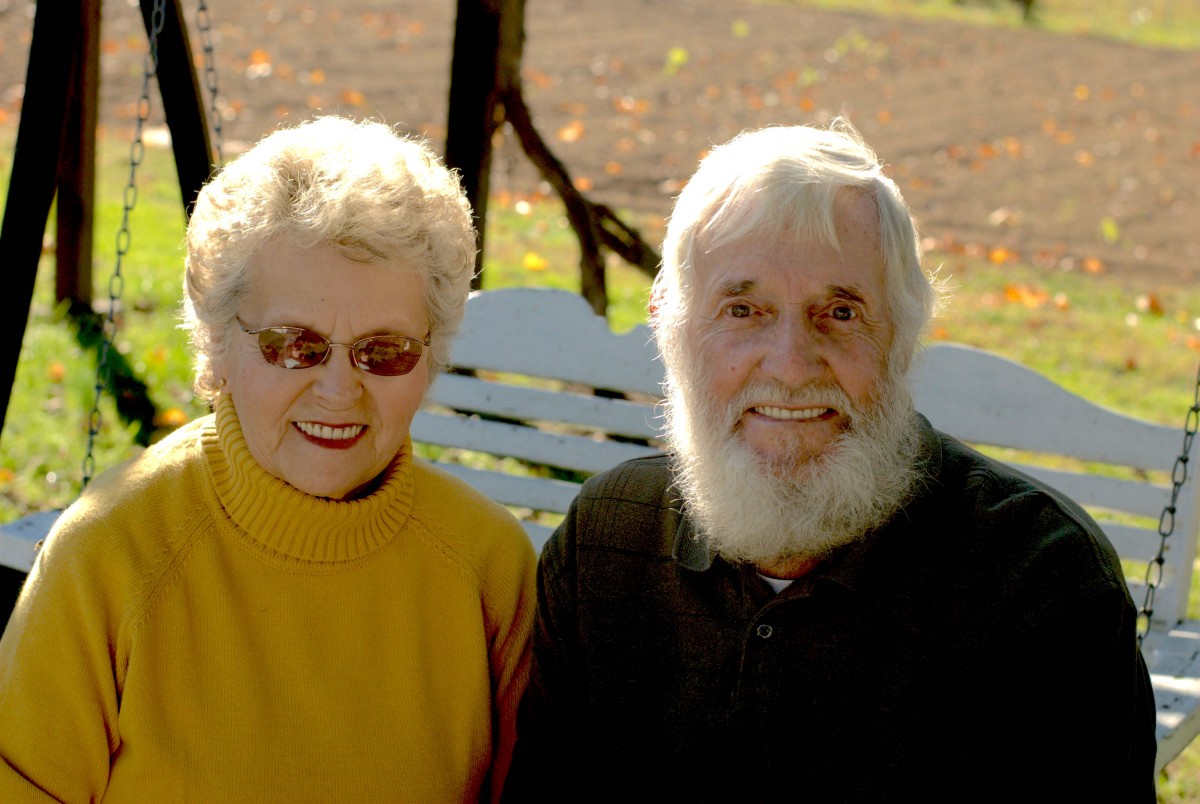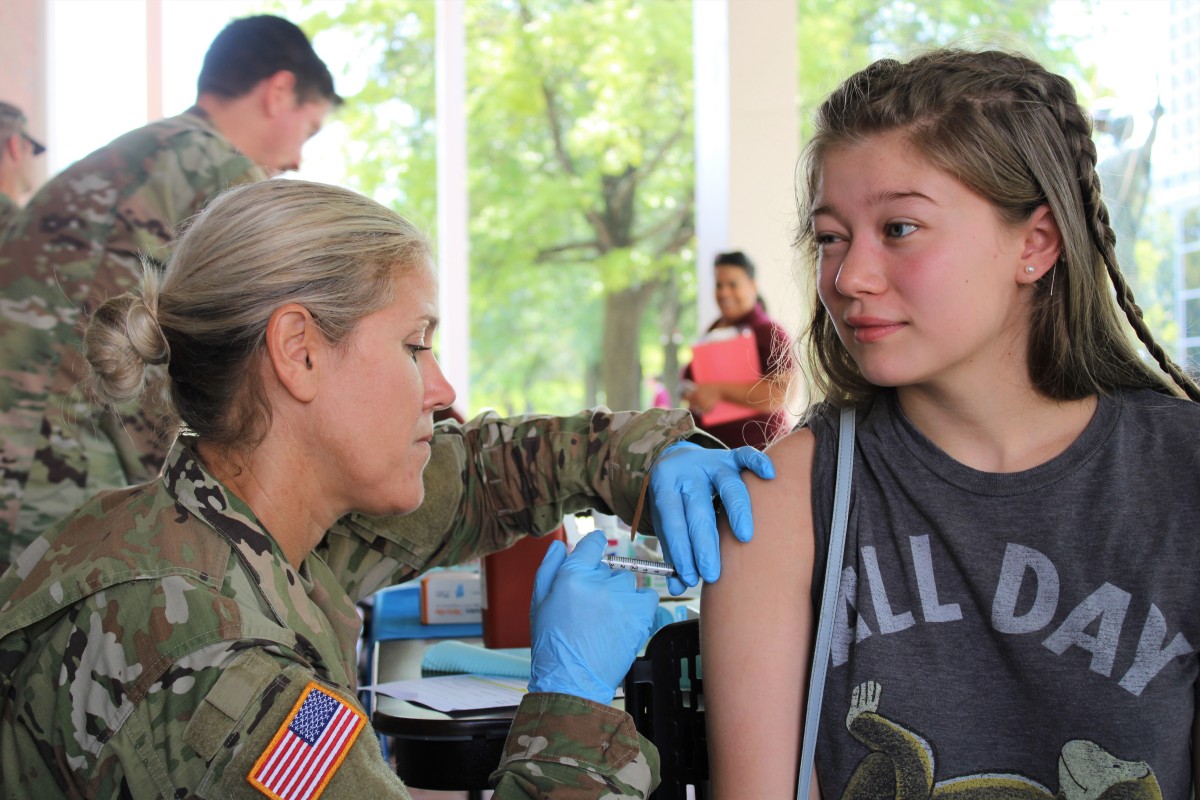Recovery from addiction is possible. For help, please call the free and confidential treatment referral hotline 1-800-662-HELP or visit findtreatment.gov.
On January 2nd, 2021, I woke up to find Thea Wright dead of a heroin overdose.
When the police and paramedics arrived, she was treated like another “junkie,” another nameless face, one of the disenfranchised youth powerlessenslaved to opiates.
What they didn’t see as they carried her body away was a mother of three, a daughter, a sister, an aunt, and my soulmate. Her life wasn’t defined by her substance use. She was more than just a corpse. She was the center of my world, and her death would be one of the defining moments of my entire life.
Gone are the days where substance use is defined as a problem of personal failure. Since 1987, the American Medical Association has defined substance use disorder as a disease, although the stigma attached is perhaps more pervasive as ever. Talking about treatment or being in recovery is still seen as taboo. People who use drugs or are in treatment or recovery still face discrimination daily.
Since 2006, I have struggled with substance use, mainly heroin. I tried every possible way I knew to quit. I tried methadone. I tried 12-step programs. With each one of these courses of action, I failed. Miserably.
If I had this desire for a different path, then why couldn’t I quit? Why did I relapse, time after time after time? Why couldn’t I just get my life together? Was I broken? Was I just born in the wrong time, the wrong era? Was my life predestined to end in some seedy hotel room, a syringe hanging out of my arm?
During my recovery journey, I’ve found myself in the middle of many conversations about substance use, with not only my family and friends but also my community, through newspapers as well as online platforms. With each of these conversations, I began to learn that substance use was still an extremely polarized subject. My family didn’t want to acknowledge the problem. Most of my community wanted me locked away forever, or worse. Yet, I found in a small group a community of people who shared not only the same problems as me, but the same desire for something different for themselves.

Twelve step programs have a lot of slogans, mottos, sayings. Throughout my journey, I’ve found myself in a lot of different programs, different meetings, different approaches to the same issue. The one motto that stuck out to me the most was always, “When the pain gets great enough.”
At the time, when I would hear that, I would think, “Oh, I’ve been homeless, diagnosed with Hepatitis C, down to 140 pounds, obviously it’s been great enough.” Little did I know that those things were only the beginning. I had no idea that within just a few short years, I would find the mother of my children dead. I had no idea that whatever pain I thought I had felt before, would never compare to the feelings associated with losing her.
January 19th, 2021, I woke up in my house, alone. For the third time in two weeks, I had tried to do enough heroin to end my own life, only to wake up a few hours later.
I cried.
I hadn’t spoken to my children in two months. I was broke. I was suicidal. I had warrants for my arrest, for possessing heroin. I didn’t know what to do. I knew I needed to go to treatment, but I didn’t know where to start. I didn’t want to go through withdrawal on my own and be sick. I felt responsible for Thea’s death. I felt responsible for leaving my children without a mother. I wanted to die, plain and simple.
I felt hopeless. Helpless. Alone. Forgotten.
It’s not very often you hear of someone mentioning gratitude and jail in the same sentence, but being arrested on January 21st, 2021, was what started me on a path to my new life.
I sat in a jail cell, puking, shivering, and covered in sweat. My legs shook. I didn’t eat for five days. I thought I was going to die. It was full on opioid withdrawal. Yet, every night, I heard Thea’s voice in my head telling me to go to treatment. As supernatural and unbelievable as that sounds, it’s true.
At my first court appearance, the judge asked if I thought I needed treatment. I could barely hold my head up. I mumbled yes. A week later, I found myself in a treatment facility in Springfield, Kentucky.
I thought about my family in that first week of treatment, I thought about Thea, I thought about my kids. All these people that I’ve let down, that I’ve hurt. It is difficult to explain to them that it wasn’t intentional, that the person that did those things wasn’t the same person sitting here today.
From the outside looking in, it’s as if there’s no explanation for your behavior. There’s no verbiage that can accurately describe the obsession, the constant feeling of emptiness that only a person with a substance use disorder understands. But there’s also a power I’ve discovered in doing the right thing.
I made a commitment to make better decisions. I made a commitment to myself that Thea’s death would not be in vain. I made a decision to get in touch with something that was larger than myself, something that made sense of this world, something that could fill this hole I’ve carried around most of my life.
I have spent most of my life trying to fix an internal problem with an external solution, whether it has been drugs, women, violence, anything other than taking a real look at myself and my place in the world. But those external things would never be the solution. The world is not against me. The police are not against me. God, whatever that may look like, is not against me.
What I’ve seen as obstacles have only been opportunities in disguise. All the pain, the loss, the trauma, all of these things had to happen to get me exactly where I am today, and I truly believe that I am where I am supposed to be at any given moment.
And if I truly believe that, then how can I have regret? How can I not rejoice in every waking moment?
I’ve learned that these ideas are mutually exclusive, that either everything is happening for a reason or it’s not, there’s no grey area. Thea had to die so I could live. I had to go through years of crisis, in order to get exactly to this point, right here.
Today, I have a chance to be a father to my children. I have the chance to share my experiences with other people, who use drugs or are in recovery.
Today, I’m not just another “junkie,” I’m a son, a brother, a father, a friend. I am a voice for all those that are no longer here to tell their story. I always was those things, but somehow, I lost sight of them along the way.
Today, I face adversity with no pretense, what I used to think were impediments are really gifts. I’ve been given the chance to see things from a new perspective, a new life that unbeknownst to me was there all along.
There is hope.
Your identity isn’t static, you’re not doomed to live out the false narrative that society has sold you. You’re more than the sum total of all your problems, but the way out begins with small choices. The way you speak, the things you say, the people you say it too, the people you associate with. Getting up and making your bed. Cleaning your room. Brushing your teeth – what seems so simple, so mundane, these are the building blocks to creating a brand new you.
The tenacity and determination I’ve put into acquiring and doing drugs if geared towards doing something positive leaves me with no doubt that I’m able to conquer the world, and you are too.
I am capable of unbelievable generosity, of altruism hardly seen today. I have a genuine concern for others, for the world around me. On one end of the spectrum, I’ve been capable of some of the most barbaric, terrible behavior imaginable, but on the other end I have the ability to love deeply, and feel deep empathy for those around me.
We all have a story, and while substance use may be a part of it, it doesn’t have to be the end.
Recovery from addiction is possible. For help, please call the free and confidential treatment referral hotline 1-800-662-HELP or visit findtreatment.gov.
The National Suicide Prevention Lifeline is a hotline for individuals in crisis or for those looking to help someone else. To speak with a certified listener, call 1-800-273-8255.
Dustin Cinnamon is a person in recovery from heroin use, a father of three and a freelancer writer from Lawrenceburg, Kentucky.



